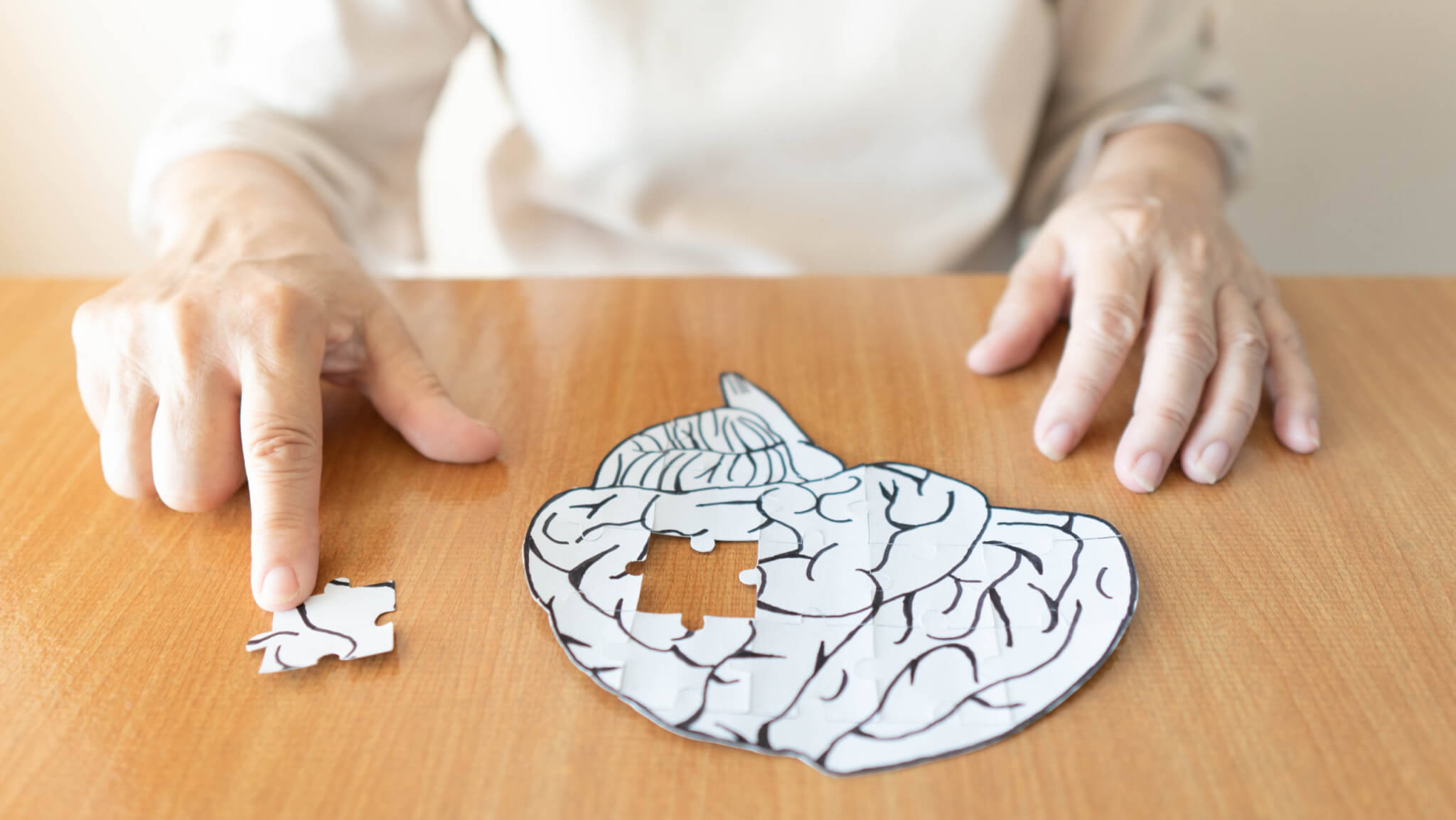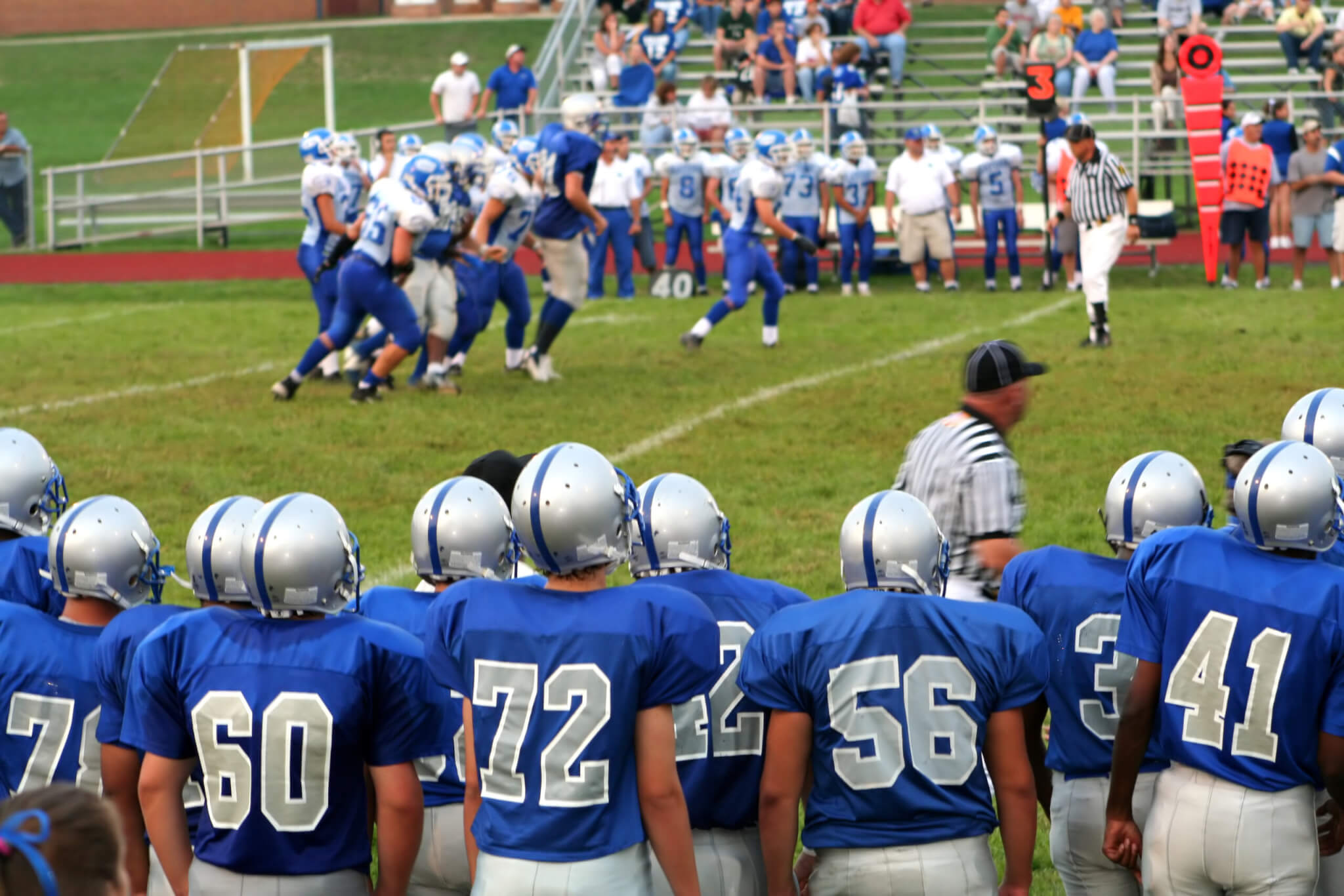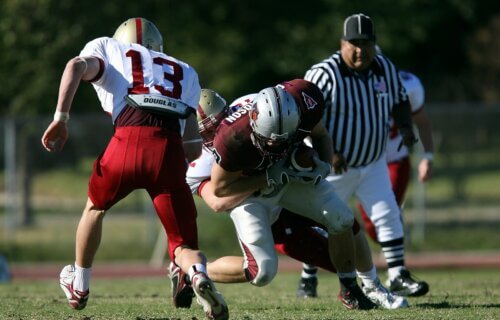🔑 Key Findings:
- Head injuries can cause neurons to not reactivate properly, causing memory loss
- Scientists reversed this effect in a study on mice
- The study may lead to a treatment for athletes in contact sports
WASHINGTON — Could a cure for brain injuries be on the horizon? Researchers at Georgetown University Medical Center and Trinity College Dublin suggest that science could potentially reverse memory loss due to repeated head impacts, a common problem among athletes in sports like football. The study reveals that amnesia and poor memory following a head injury may be the result of an inadequate reactivation of neurons connected to forming memories.
The study’s breakthrough lies in understanding that the memory loss linked to head injuries is not permanent and is not the result of a neurodegenerative disease. Researchers successfully reversed amnesia in mice, allowing them to recall memories lost due to head impacts. This finding opens the possibility of clinically reversing cognitive impairments caused by head trauma.

Previously, the Georgetown team discovered that repeated head impacts cause the brain to change how synapses — the connections between neurons — work. This alteration leads to difficulties in forming new memories and recalling existing ones. In their latest research, the team managed to prompt mice to remember forgotten memories due to head injuries.
“Our research gives us hope that we can design treatments to return the head-impact brain to its normal condition and recover cognitive function in humans that have poor memory caused by repeated head impacts,” says the study senior investigator Dr. Mark Burns, a professor and vice chair in Georgetown’s Department of Neuroscience and director of the Laboratory for Brain Injury and Dementia, in a university release.
In the study, two groups of mice developed a new memory through training. One group underwent mild head impacts for a week, mimicking exposure similar to contact sports, while the other group served as a control. The impacted mice showed an inability to recall the new memory after a week.
“Most research in this area has been in human brains with chronic traumatic encephalopathy (CTE), which is a degenerative brain disease found in people with a history of repetitive head impact,” explains Burns. “By contrast, our goal was to understand how the brain changes in response to the low-level head impacts that many young football players regularly experience.”
Notably, college football players can receive an average of 21 head impacts per week.

The study used genetically modified mice to identify neurons involved in learning new memories. These “memory engram” neurons were present in both control and experimental mice.
“We are good at associating memories with places, and that’s because being in a place, or seeing a photo of a place, causes a reactivation of our memory engrams,” says study first author Dr. Daniel P. Chapman. “This is why we examined the engram neurons to look for the specific signature of an activated neuron. When the mice see the room where they first learned the memory, the control mice are able to activate their memory engram, but the head impact mice were not. This is what was causing the amnesia.”
The reversal of amnesia was achieved using lasers to activate the engram cells in mice. Burns notes that this invasive technique is not applicable to humans.
“We are currently studying a number of noninvasive techniques to try to communicate to the brain that it is no longer in danger, and to open a window of plasticity that can reset the brain to its former state,” states Burns.
The study is published in The Journal of Neuroscience.

If you want to remember something, tell yourself ‘remember to ‘x’ ‘. Do NOT tell yourself ‘don’t forget to ‘x’ since the action word in that statement is ‘forget’ rather than the action word ‘remember’.